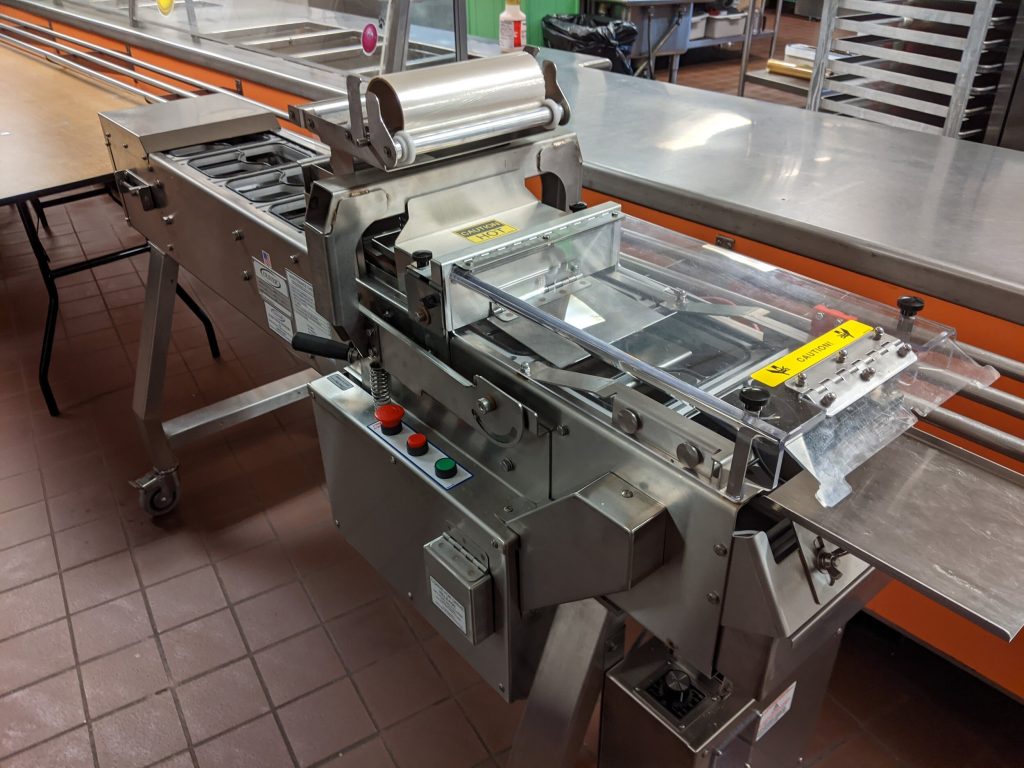Streamlining packaging for food products is an essential process for ensuring efficiency, safety, and sustainability. As the demand for packaged food continues to rise, manufacturers must focus on improving their packaging operations to meet both consumer expectations and regulatory requirements. The key to achieving these goals lies in implementing reliable and fast packaging solutions that are tailored to the specific needs of the food industry. One of the primary considerations for food packaging is speed. In a competitive market, time is crucial, and manufacturers need packaging systems that can handle high volumes of products quickly. This is achieved through advanced automated systems that reduce the need for manual labor and increase overall throughput. With faster packaging, food producers can meet the growing demand without compromising on product quality or freshness. Reliability is equally important in the packaging process.

A reliable system ensures that products are consistently packed correctly, minimizing the risk of contamination or damage during transportation. For food items, this is particularly critical as improper packaging can lead to spoilage, compromising food safety. Packaging solutions that maintain product integrity from the moment it leaves the production line until it reaches the consumer help build trust with customers and ensure compliance with health and safety regulations. Another significant factor in streamlining food packaging is flexibility. Different food products have distinct packaging needs based on factors such as size, shape, and shelf life. A versatile packaging system allows manufacturers to easily adapt to these varying requirements without sacrificing speed or reliability. This flexibility also helps reduce waste by optimizing packaging materials, which is essential for both cost management and sustainability. Sustainability has become a top priority in the food industry, with consumers increasingly concerned about environmental impact. Moreover, food packaging machine manufacturers are responding by developing innovative solutions that reduce material waste, improve energy efficiency, and support eco-friendly practices throughout the production process.
Packaging solutions that incorporate eco-friendly materials and processes not only meet consumer demand for greener options but also help businesses reduce their carbon footprint. By choosing sustainable packaging materials and minimizing waste in the production process, companies can align with environmental standards while improving their market reputation. Technology plays a significant role in streamlining packaging processes. Innovations such as sensors, tracking systems, and integrated software enable Leva manufacturers to monitor and control every aspect of the packaging process in real time. These technologies improve quality control, optimize production speeds, and allow for predictive maintenance, which reduces downtime and ensures consistent operation. In conclusion, streamlining food packaging with reliable and fast solutions enhances operational efficiency, product safety, and customer satisfaction. By incorporating advanced technologies, prioritizing reliability, and embracing sustainable practices, manufacturers can meet the challenges of today’s competitive food industry while delivering high-quality products to consumers.